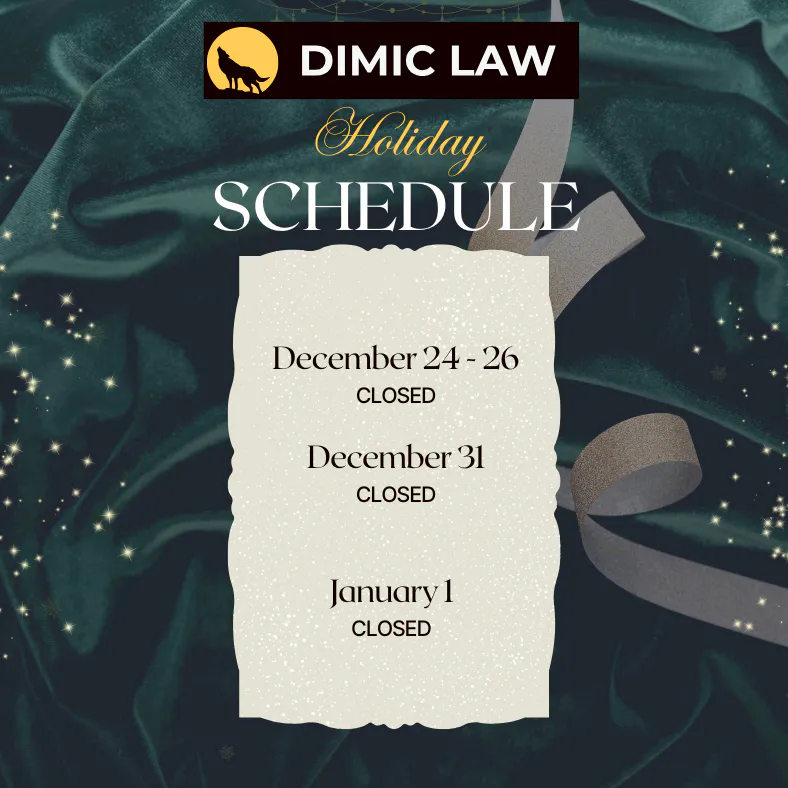
Blog
August 2020 – COVID-19 Re-Opening: Caring for Our Loved Ones Part I
Let’s face it. It has been a trying year for all of us, one way or another. However, whether we like it or not, this time has also brought us a lot closer to our loved ones.
It is important to ensure our loved ones are properly taken care of in life and in death. They may delegate representatives to act on their behalf, in case they become incapable of carrying their everyday tasks.
Often, an Enduring Power of Attorney is signed off between the intended individual and their representative, with the representative being able to care for the individual’s financial affairs, even after they have lost mental capacity. In order for an enduring Power of Attorney to be valid, it must be in writing, be dated and signed by the intended individual in presence of a witness, be signed by the witness in presence of the intended individual and contain a statement when the document comes into effect.
Further, the document cannot be signed on behalf of the individual, or by a person named as an attorney or the spouse or an adult interdependent partner of the person named as the attorney, and cannot be witnessed by the named attorney, their spouse or partner, the spouse or partner of the donor or the spouse or partner of the person that signs on behalf of the intended individual.
In order for it to come into effect, a specific event, usually a loss of mental capacity, must occur, as determined by an assigned individual. If there is no assigned individual, usually the default is the determination of the qualified medical practitioners that such event did indeed occur.
Assigning rights to act on your behalf in regard to your financial being is never an easy choice. Ensure that you are of sound mind when allocating such responsibility upon your deemed loved ones who have the obligation to care for you.
For non-financial affairs, the Personal Directives Act allows Albertans to provide instructions and appoint someone to make decisions on their behalf through a signed-off Personal Directive.
The intended individual, with full capacity, will appoint a representative at a future time when they no longer have the capacity to act. These non-financial affairs include making decisions on education, place of living, extra-curricular and medical obligations. Again, a valid Personal Directive must be in writing, be dated, and signed by the intended individual in the presence of a witness. The document cannot be signed on behalf of the intended individual by the agent or the spouse or partner of the agent. Further, it must be signed by a witness in the presence of the intended individual, and not be witnessed by the agent or their spouse or partner, or the spouse or partner of the intended individual, a person who signed on behalf of the intended individual, or the spouse or the partner of this person.
Again, the intended individual will designate a representative to determine their capacity at which time, the lack of, would bring the Personal Directive into effect. If there is no assignee, then the determination would be made by two service providers, one of whom is a licensed physician or psychologist.
Next time everyone has gathered together around the dining room table, have that frank discussion with your loved one. It may be hard to bring up, but the repercussions for not being proactive may be fatal.
Steve Dimic
Next Month: Join me for Caring for Our Loved Ones PART II: Passing Intestate If you have any additional inquiries regarding any of the topics or if you have ideas for future topics, please feel free to email me at stevedimik@hotmail.com

